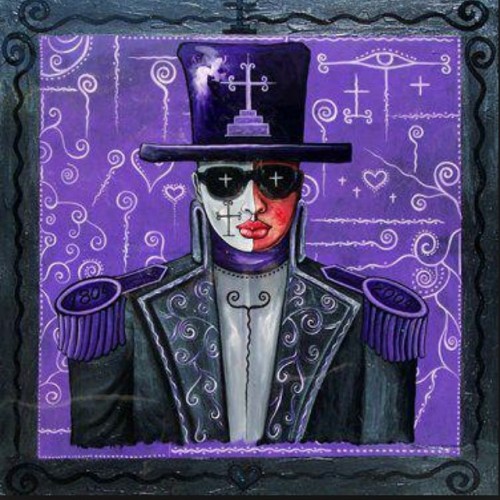Papa Ghede, Lwa of Death and Transformation
In the vibrant tapestry of Vodou, an Afro-Caribbean religion that emerged in the crucible of the African diaspora, the Loa (or Lwa) Papa Ghede stands as a fascinating and enigmatic figure. Papa Ghede is a powerful spirit associated with death, fertility, and transformation in Haitian Vodou. This essay aims to explore the multifaceted nature of Papa Ghede, delving into his origins, characteristics, and the role he plays in Vodou ceremonies.
Origins and Syncretism
Papa Ghede's roots can be traced back to the ancestral spirits of West Africa, particularly among the Yoruba people of Nigeria and Benin. As the African diaspora unfolded through the transatlantic slave trade, these spiritual traditions underwent a process of syncretism, blending with indigenous beliefs and practices in the New World. In Haiti, where Vodou took root and flourished, the synthesis of African, Indigenous, and European influences gave rise to the unique pantheon of spirits, with Papa Ghede occupying a central role.
Papa Ghede is often associated with Baron Samedi, another important Lwa in Vodou. Baron Samedi is the head of the Ghede family, and together they preside over the realm of the dead. The syncretic nature of Papa Ghede is evident in his fusion with Catholic saints, a common feature in Vodou. For instance, Papa Ghede is often identified with St. Gerard, the Catholic patron saint of fertility and childbirth. This syncretic approach allowed enslaved Africans to maintain and express their spiritual traditions within the context of European-dominated societies.
Characteristics and Symbols
Papa Ghede is characterized by a unique blend of humor, irreverence, and wisdom. He is depicted as an elderly man, often wearing a black tailcoat, a top hat, and sunglasses that conceal his gaze. The use of sunglasses, a symbol of disguise and mystery, adds an element of ambiguity to his character. In Vodou, symbols are powerful conduits of spiritual energy, and Papa Ghede is associated with several potent symbols.
The cross, for example, is a significant symbol in Papa Ghede's iconography. It serves as a link between the realms of the living and the dead, signifying the transcendence of life and death. Additionally, the symbolic use of the cross reflects the syncretic nature of Vodou, incorporating elements of Catholicism into its rituals.
Another prominent symbol associated with Papa Ghede is the veve – intricate, symmetrical drawings that serve as a spiritual signature for each Lwa. The veve of Papa Ghede is often elaborate, featuring the cross, spirals, and other geometric patterns. These symbols are drawn on the ground during Vodou ceremonies, serving as a sacred space for the Loa to manifest.
Role in Vodou Ceremonies
Papa Ghede plays a crucial role in Vodou ceremonies, especially those dedicated to the spirits of the dead. One of the most important ceremonies is the Fet Ghede, a celebration held annually on November 2nd, coinciding with the Catholic All Souls' Day. During this ritual, practitioners honor their ancestors and seek the guidance and blessings of the Ghede family.
The Fet Ghede is a lively and colorful event, marked by music, dance, and offerings. Participants wear white and purple, the colors associated with the Ghede family, and invoke the spirits through songs, drumming, and trance-inducing dances. Offerings of food, alcohol, and other items are presented to Papa Ghede and the other spirits, symbolizing the reciprocity between the living and the dead.
Papa Ghede is believed to possess the ability to transition between the realms of the living and the dead. As the gatekeeper between these worlds, he facilitates communication between practitioners and their ancestors. Devotees seek Papa Ghede's guidance in matters of life, death, and transformation, recognizing his wisdom and the transformative power inherent in the cycle of life and rebirth.
Fertility and Sexuality
In addition to his role as a guardian of the dead, Papa Ghede is also associated with fertility and sexuality. This aspect of his nature is expressed through his irreverent and often explicit behavior during Vodou ceremonies. Papa Ghede is known for his bawdy sense of humor, witty remarks, and provocative gestures. This seemingly taboo-breaking behavior is an integral part of his role in breaking down societal norms and challenging rigid conventions.
The phallic symbol, often depicted in Papa Ghede's veve and rituals, is a potent representation of his association with fertility. In Vodou, fertility extends beyond physical reproduction to encompass the fertility of ideas, creativity, and transformation. The explicit and humorous nature of Papa Ghede's representation challenges societal taboos around sexuality, emphasizing the interconnectedness of life, death, and regeneration.
Papa Ghede stands as a captivating and multifaceted Lwa within the intricate tapestry of Haitian Vodou. His origins in West African ancestral spirits, syncretic fusion with Catholicism, and association with death, fertility, and transformation highlight the rich cultural and spiritual diversity inherent in Vodou. Through his role as the gatekeeper between the realms of the living and the dead, Papa Ghede facilitates communication, guidance, and transformation for practitioners seeking connection with their ancestors.
Yours,
Emmanuel A.E.




